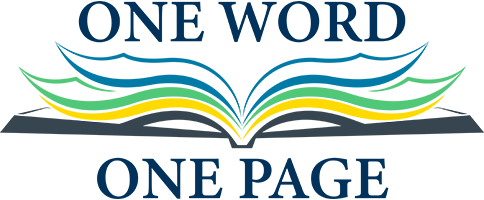Traveling to a country where you don’t speak the language can be daunting. But with the right strategies, you can quickly learn essential phrases to make your trip smoother and more enjoyable. Here’s a practical guide to acquiring the basic language skills you need in under one month.
Identify Key Vocabulary
Before you dive into language learning, identify the situations you're most likely to encounter. Focus on learning vocabulary related to the type of trip you are taking. What do :
- Basic greetings and politeness (hello, please, thank you)
- Directions and transportation (left, right, bus, train)
- Food and dining (menu items, how to order)
- Shopping and transactions (cost, numbers, sizes)
- Emergency and health (help, doctor, pharmacy)
- These categories cover the majority of daily interactions and emergencies, providing a strong foundation for basic communication.
Use the Right Tools
Utilize language learning apps that emphasize spoken language and practical vocabulary. Apps like Duolingo, Babbel, or Rosetta Stone can be great, but focus on those that allow you to hear native pronunciation and practice responding in real-time.
Create a Study Schedule
Consistency is key when preparing for a trip. Devote at least 30 minutes each day to language study. Break this time into focused sessions:
- 10 minutes of vocabulary review using flashcards (digital or physical)
- 10 minutes listening to and repeating phrases (use apps or language podcasts)
- 10 minutes of practical application (try constructing sentences or using a language exchange app to speak with native speakers)
Practice with Audio and Visual Aids
Listening to the language is crucial. Watch movies, listen to music, and find YouTube channels in the language. This exposure helps with pronunciation and can make the language feel more natural to you.
Label Your Environment
Label items around your home with their names in the target language. This visual aid reinforces learning throughout the day passively and makes the vocabulary part of your daily life.
Carry a Cheat Sheet
Prepare a cheat sheet of essential phrases and carry it with you during your trip. This can boost your confidence, knowing you have a backup should you forget how to say something.
Speak Without Fear
Try to use the language as much as possible. Don't worry about making mistakes—most native speakers appreciate the effort and will help you out. The more you practice in real situations, the quicker you’ll improve.
Review Regularly
Review is crucial for retention. Use spare moments like waiting in line or commuting to go over vocabulary. Apps that utilize spaced repetition systems (SRS) are particularly effective for this.
Final Thoughts and a Helpful Resource
Embarking on a language learning journey for travel is an exciting challenge. The key is focusing on practical usage and consistent practice. For those looking for a focused and effective tool, consider One Word One Page’s language books. They’re designed around the first 100 essential words and phrases to help travelers gain confidence in their new language skills quickly and efficiently.
By following these tips, you’ll not only enhance your travel experience but also open yourself up to new cultures and connections. Happy learning and safe travels!

